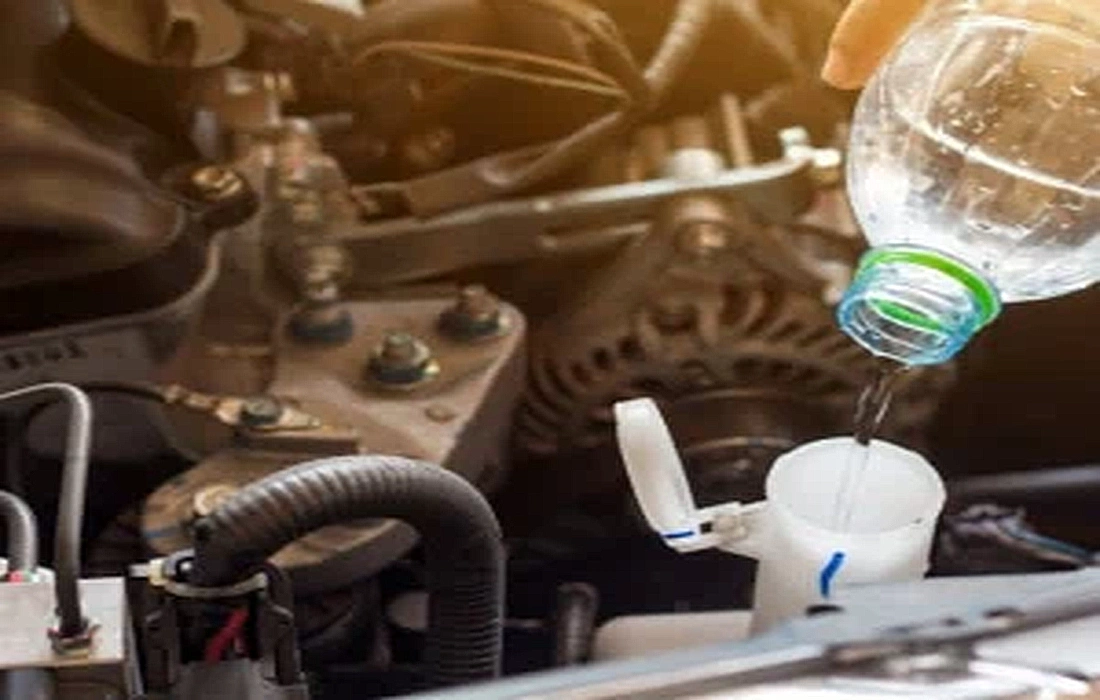Car OverheatingImportant Information to Know
Overheating engines is a major issue for drivers in hot weather. It can damage the engine and cost a lot of money. Common causes include driving uphill, using heavy gears for long periods, traffic jams, and blocked radiator vents.
Before driving or traveling, check your engine, fan, and coolant tank to avoid overheating. Not inspecting these parts can cause your car to overheat. Here are tips on how to prevent engine overheating and what to keep an eye on.
Reasons Why Your Car Overheats
Here are the main causes of engine overheating. To stop your car from overheating, review these points.

Radiator and Radiator Fan
Problems with the radiator or radiator fan can lead to overheating. Leaks, broken fins, or blocked channels stop coolant flow and cause heat buildup.
Coolant
Incorrect coolant or lack of replacement can lead to overheating. When coolant is bad, it boils at a lower temperature and can’t cool the engine properly. Flush the tank and fill with the right coolant.
Excessive or insufficient coolant can cause overheating
Engine coolant prevents water from boiling and stops corrosion. Proper levels are essential; too much or too little can lead to overheating.
Cooling System
Leaks in the cooling system lead to overheating as engine temperature rises. Damaged hoses, faulty gaskets, cracked blocks, or damaged radiators can cause leaks.
Water Pump
Inspect the water pump before trips; a damaged pump or worn impeller can reduce coolant circulation, leading to overheating.

Thermostat
A bad thermostat, stuck valve, or blocked flow can make the engine overheat. It can also cause oil problems and damage engine parts like bearings and pistons.
Engine Oil
Regularly check and change your engine oil. Oil helps remove heat and keeps the engine cool, preventing overheating.
Signs That Your Car Is Overheating
- Leaks and smoke coming from under the engine or air vents
- Steam escaping from under the hood
- Temperature gauge rising sharply
- Engine struggling or losing power
Quick Steps to Take If Your Car Overheats
- Move your car to a safe area and stop.
- Keep the engine running to allow better cooling.
- Lift the hood and open the radiator cap. Letting in more air cools the engine faster.
- Avoid pouring water on the engine to prevent cracks or damage.
- Do not open the radiator cap if the engine is hot.
- Pour water onto the radiator to help it cool down.
- Switch on the heater; the heat from the engine will transfer inside the car, helping it cool down.
- For certain repairs, contact a professional or roadside service.







